Fraser T Smith: "Programming makes me think of computer geeks at school and doesn’t feel that musical"
Famed for his songwriting/production work with Adele and Stormzy, Fraser T Smith has now released an album of his own...
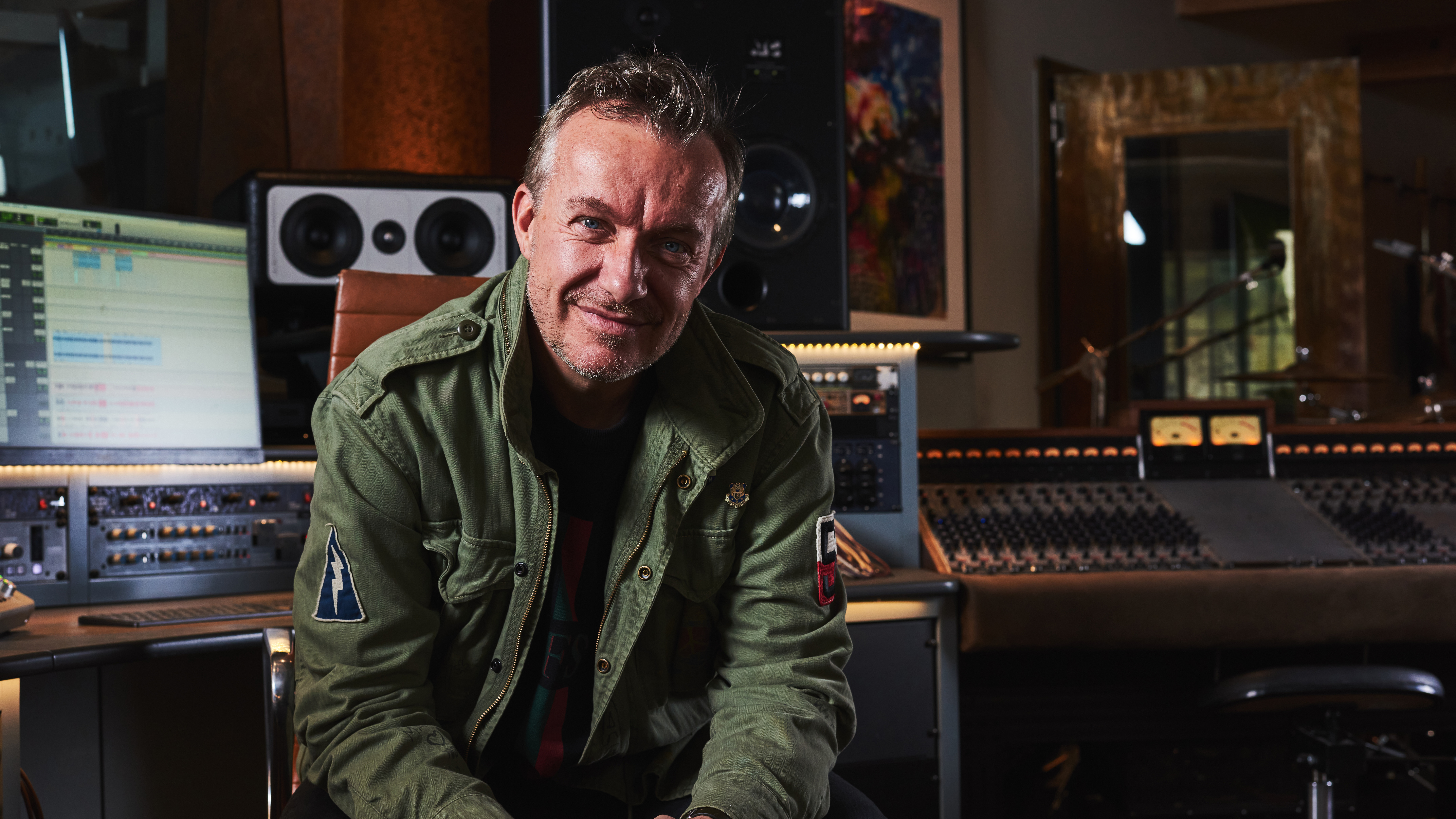
Want all the hottest music and gear news, reviews, deals, features and more, direct to your inbox? Sign up here.
You are now subscribed
Your newsletter sign-up was successful
Fraser T Smith has been a force ubiquitous to the UK music scene, contributing his talents to 18 number one albums and picking up Grammy and Ivor Novello Awards.
Over his 25-year career, he’s worked with Adele, Sam Smith, Gorillaz and Florence and the Machine, and helped shape the sound of UK rap and grime, producing Stormzy’s debut album Gang Signs & Prayer.
After spending decades fulfilling the potential of others, Smith has now turned the tables on himself with his debut Future Utopia album 12 Questions. Touching on subject matters such as inequality, technology, gang violence and the environment, the remarkable 51-minute concept album reflects on Smith’s relationship with modern society and what he calls his ‘imposter syndrome’.
Featuring contributions from a litany of poets, artists, visionaries and session players - including former Black Panther Albert Woodfox, rappers Kano, Stormzy and Dave, and heavyweight actor Idris Elba - 12 Questions is truly an album for our age.
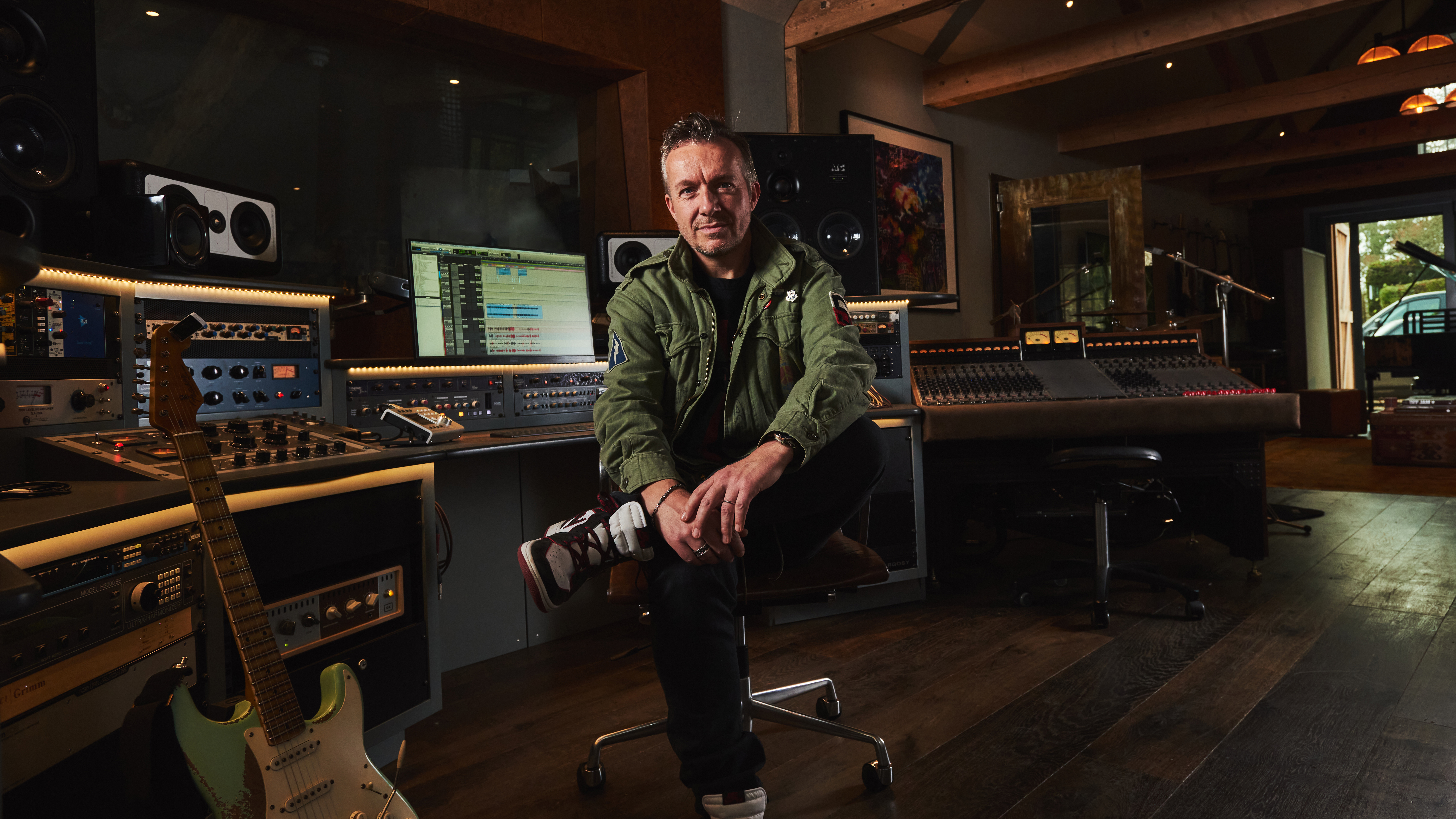
Was there any one person that was particularly influential to you becoming a producer?
“I came through as a musician… I started doing sessions as a guitar player in my mid-20s, worked out what this mythical word ‘producer’ meant ,and thought that was my true calling. I worked on pop sessions with people like Rick Wakeman where I was able to watch engineers and real producers, then studied the greats like George Martin and Phil Spector. Rick Rubin is probably my biggest influence in terms of his diversity across genres.”
When you go from songwriting with Adele to producing a hip-hop/grime artist like Stormzy. Does it require a process of adaptation?
Want all the hottest music and gear news, reviews, deals, features and more, direct to your inbox? Sign up here.
“I grew up listening to everything from Run DMC to Public Enemy, Carole King, Joy Division, Frank Zappa and Steely Dan. Great music is great music and when I’m fortunate enough to work with great artists we’re all speaking the same language.
Rick Rubin is probably my biggest influence in terms of his diversity across genres.
"I remember when Kano first walked into the studio; our backgrounds were radically different but I showed him some sounds from the MPC, played a riff on the guitar he liked and suddenly Typical Me was born. The common goal is to create something, so their background doesn’t matter to me.”
Had you been thinking about recording your own solo album for a while?
“This record was really born out of the questions I was asking myself. I was becoming anxious about a lot of topics, such as society’s lack of diversity and equality, AI, the wealth gap and the environment.
"The questions came first then I thought it would be great to ask luminaries like former Black Panther Albert Woodfox, abstract artist Katrin Fridriks, Stormzy, Dave, Kano, Mikky Ekko and poet laureate Simon Armitage.
"I was obviously going to set it to music, but for the first time in my life I felt free to create what I had inside me - this crazy combination of hip-hop and Steely Dan influences through to classical strings, cinematic sounds and grime.”
The subject matters are obviously very prescient, but the name Future Utopia also suggests it’s quite idealistic?
“I wanted it to feel fresh so people could judge me as a new artist, and I wanted the listener to feel a sense of ownership over its questions and come away with a feeling of hope because the album doesn’t offer a definitive set of answers. Hopefully we’re all moving towards some kind of personal utopia and have to believe things will get better, especially after a year in which we’re all questioning our mortality, morality and community.
"I thought about whether to put it under my name or something else, but definitely felt it needed to be collective so that the glory was shared between every contributor to the record.”
In some ways it’s reminiscent of Prince and the New Power Generation - a collective of skilled musicians driving a shared philosophy…
“It’s a huge compliment to be mentioned in the same sentence as the great man. I’d watched Dave Chappelle’s Block Party and the way that documentary came together with all those incredible artists and felt this would be a similar collective of minds with a sense of diversity and different points of view. I’m really proud to have made an album that way.”
I learned making this record that I have terrible imposter syndrome.
You said it was the most ambitious, exciting and terrifying project you’ve ever done…
“When you put yourself in a position to stand up and be counted and wear your heart on your sleeve it uncovers so many truths about who you really are. I learned making this record that I have terrible imposter syndrome. You can stand on the shoulders of giants, but when you put yourself out there as the main artist behind the project it’s very revealing.
"Sometimes I felt quite powerless in the studio - a hopelessness I’d never felt before, and I had to address that because I had to trust my own decisions. When the pictures came out with my face on them I realised I had real issues with that too [laughs]. Part of the record was about me facing those darker truths.”
Did you immediately write up a shortlist of people you wanted to work with or were those choices born out of the demos you created?
“The 12 questions came first and then I started making all these out-there tracks on Ableton with a pair of Barefoot monitors, a keyboard and a guitar while I was waiting for my studio to be built. Then I asked myself who could answer these questions in the most interesting and captivating way.
"I could have called a lot of people who weren’t on the record and it’s amazing to have Stormzy, but he’s only on there for eight bars so it was more about finding the best people to work with for each moment. I played most of the artists the demos and discussed my questions with them, so the music was born out of long conversations about how we find out the truth, what’s in a name or what happens next.”
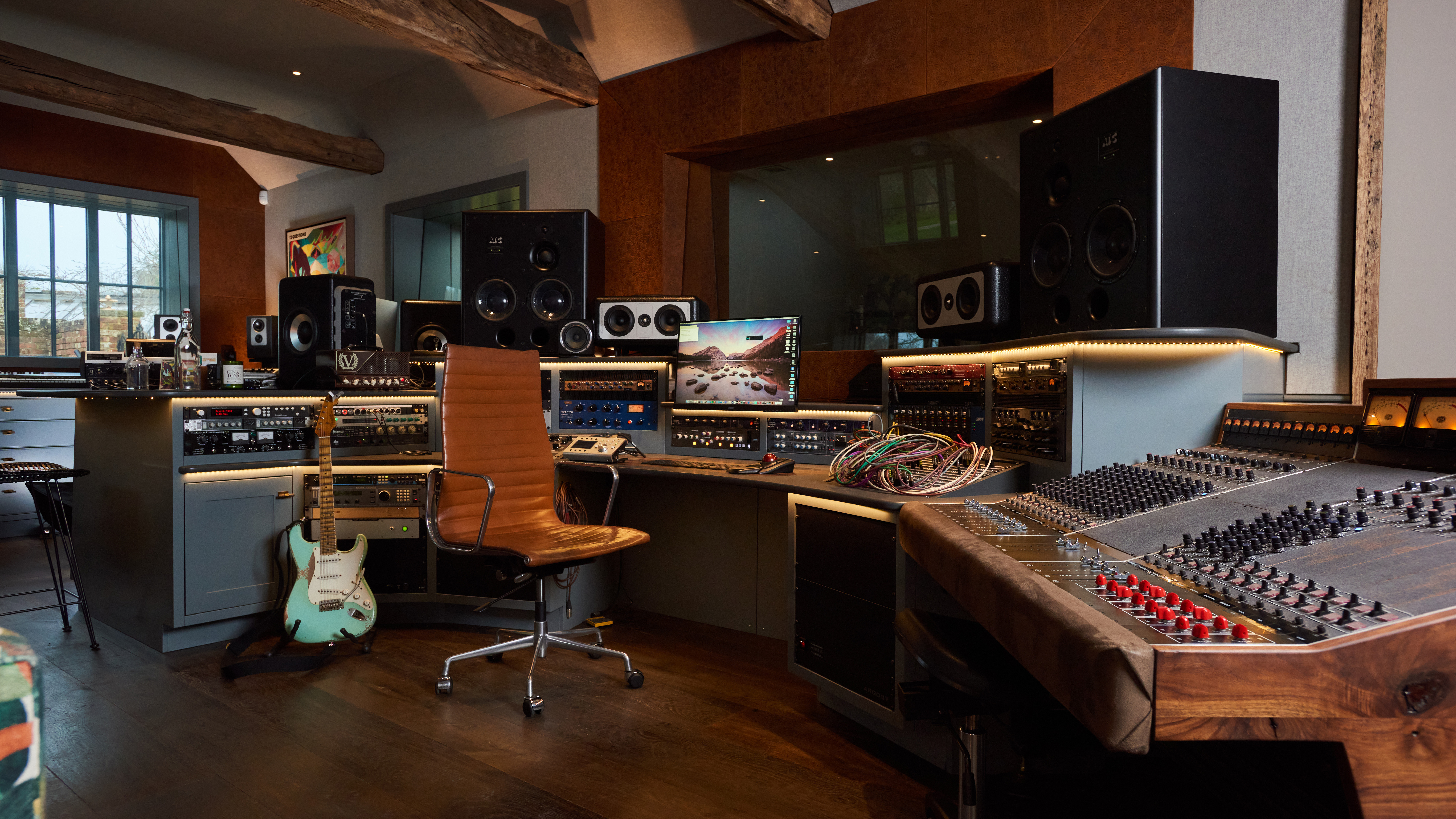
How developed were the demos and how much were they adapted through collaboration?
“They were probably 75% complete because I really wanted people to come in and hear ideas that were pretty well formed. Everyone was very giving towards the project and thoughtful about their approach, whether Kano with his verses on Freedom or Ruelle when we wrote the song Mountain Girl.
"I travelled to meet Albert Woodfox in New Orleans and Mikky Ekko and Alysia Harris came over for a while because the majority of it was done pre-lockdown, but I also recorded Tom Grennan by sending over a Zoom hard disk recorder and a brand new mic to his house. Kano recorded his verse on his iPhone, which took a lot of bouncing through some nice vintage compressors, and we also recorded a lot of musicians remotely. For example, Rosie and Tommy Danvers did all the string arrangements.”
I know that you can put a Neumann mic next to an iPhone and, while they’ll be wildly different, you can actually bring everything together just by ear.
Thankfully you have the experience as a producer to gel everything together…
“I guess. It’s interesting because at the start of the lockdown I was asked to produce for Radio One Allstars and was literally thrown 30 vocals from Dua Lipa to Rag’n’Bone Man, Chris Martin and Dave Grohl, all recorded by different means. That experience really gave me confidence to know that you can put a Neumann mic next to an iPhone and, while they’ll be wildly different, you can actually bring everything together just by ear.”
Most of the tracks are quite short. Is there a specific reason for that, perhaps in terms of wanting to give the album a conceptual feel?
“I always felt this was a record that I wanted people to listen to from start to finish, like a movie. I had all the different sessions in Pro Tools and Ableton but would always listen to the album as an entire master session.
"As much as some of the tracks are short, I wanted people to feel the journey was exciting and that it would pull the rug from them - just when they thought they were safe, something else would come in. You might have noticed that after the second chorus we’d go to a middle eight rather than a second verse. I was really brutal in that way, so I hope people don’t feel like they’ve eaten a nice meal without being given the dessert menu [laughs].”
We love the Idris Elba vocal on Fear of Faith 2 – he really adds some vocal gravitas…
“I’d read an amazing book by the Secret DJ about a superstar DJ that’s blown the lid on everything happening in DJ culture. There was a section on fear that almost made me rip the page out of the book.
"I was once asked by Idris’s manager how I felt about his music and told him that I was a huge fan, so suddenly there was this light bulb moment and I thought he would be perfect to read this book passage. He recorded it on his laptop in Albuquerque while he had Covid, and when he sent it through I knew people would love that section.”
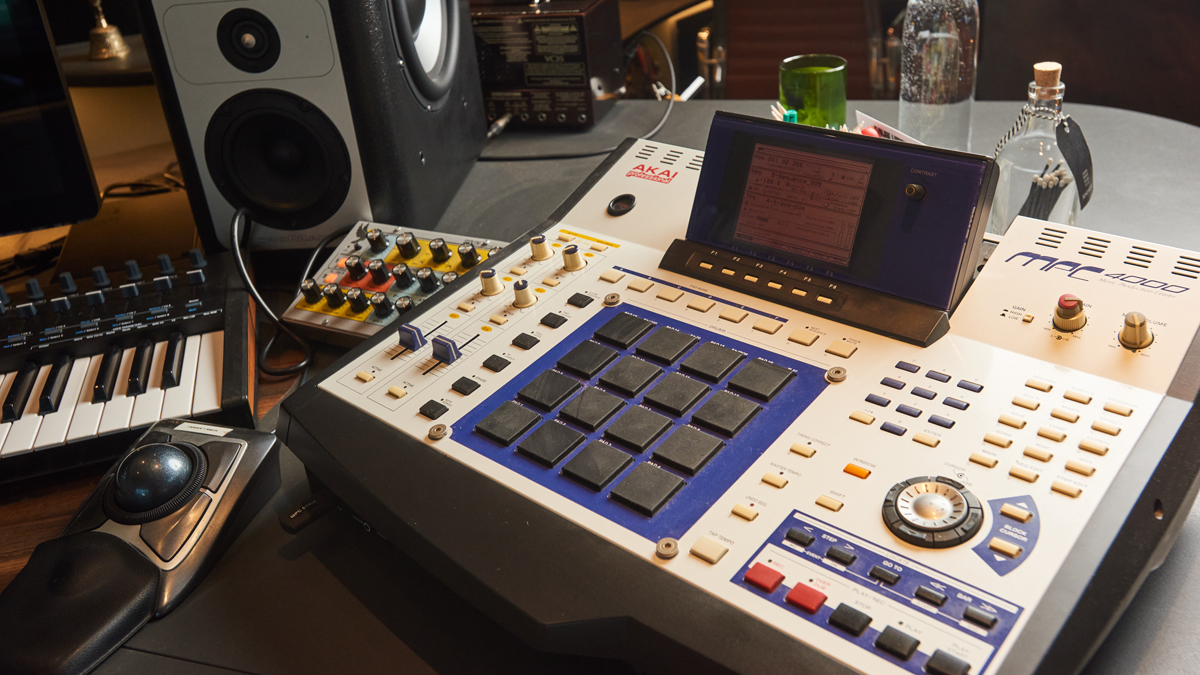
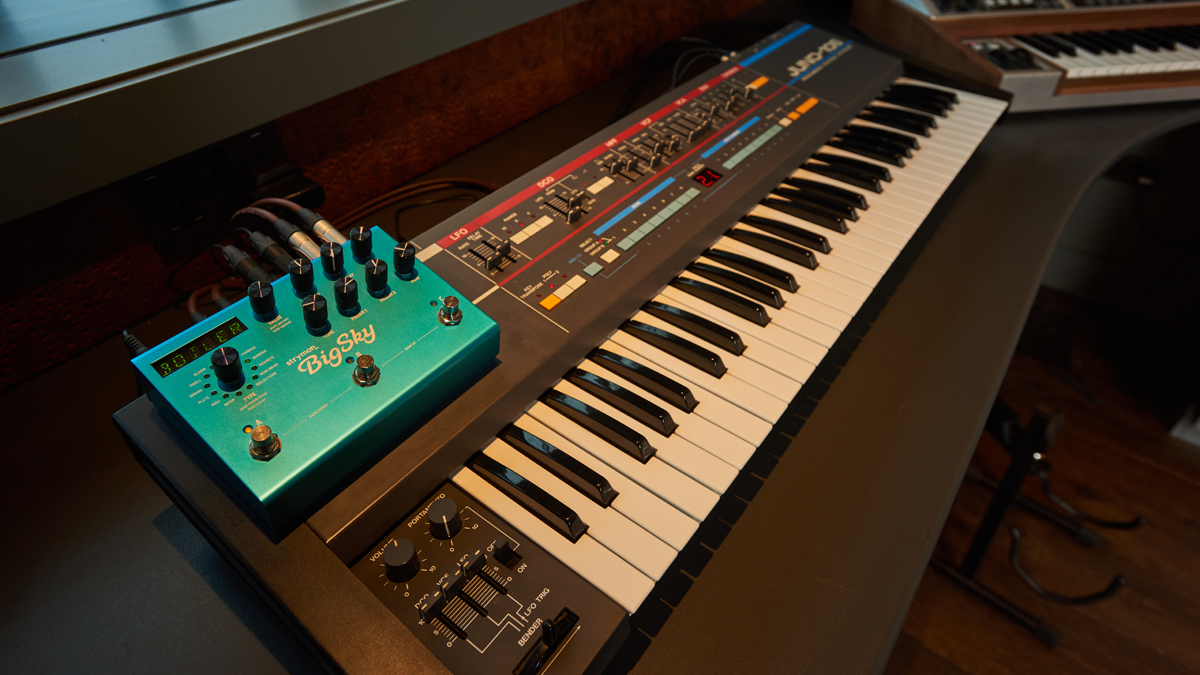
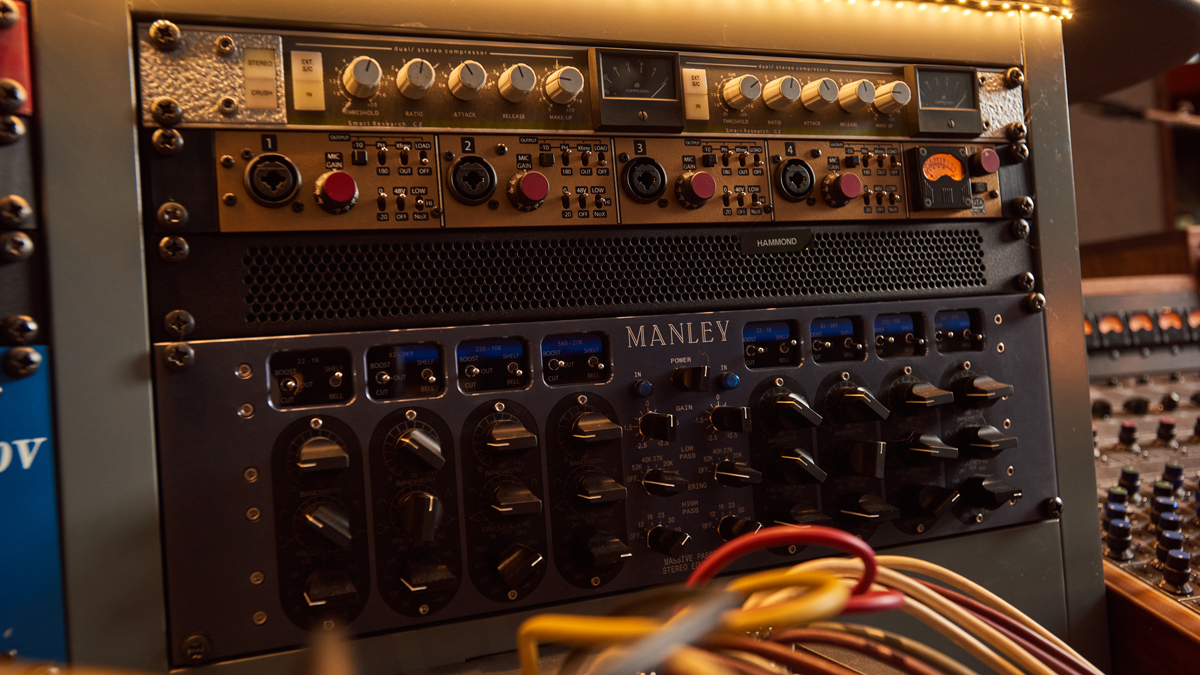
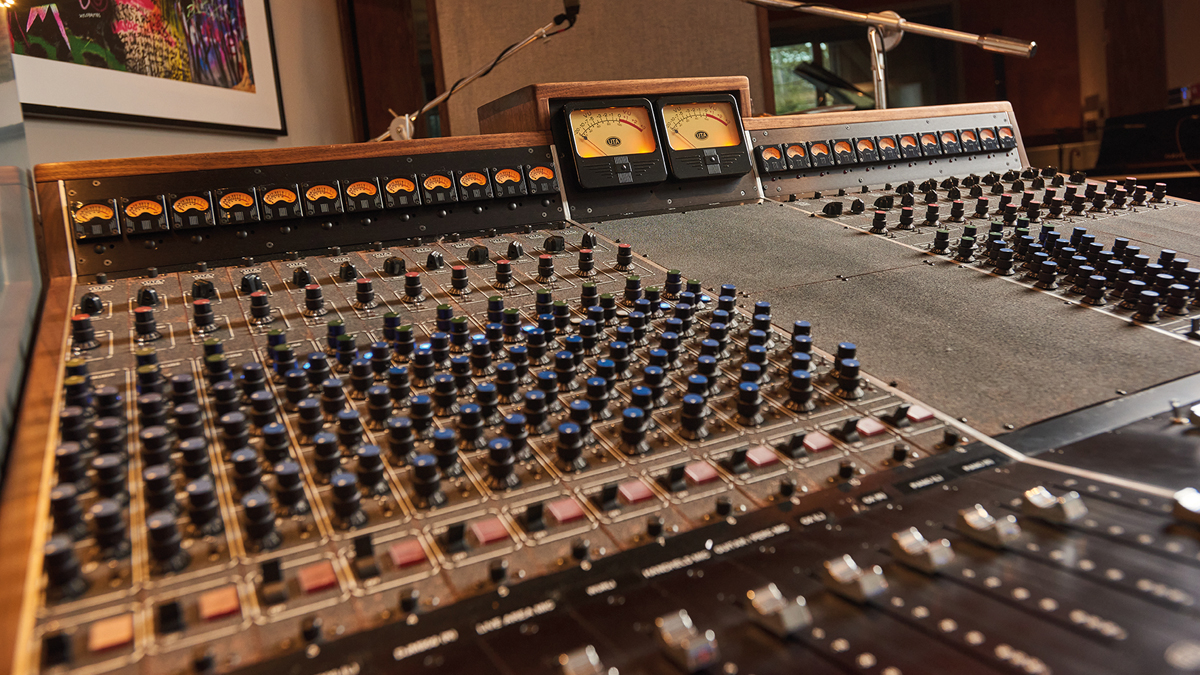
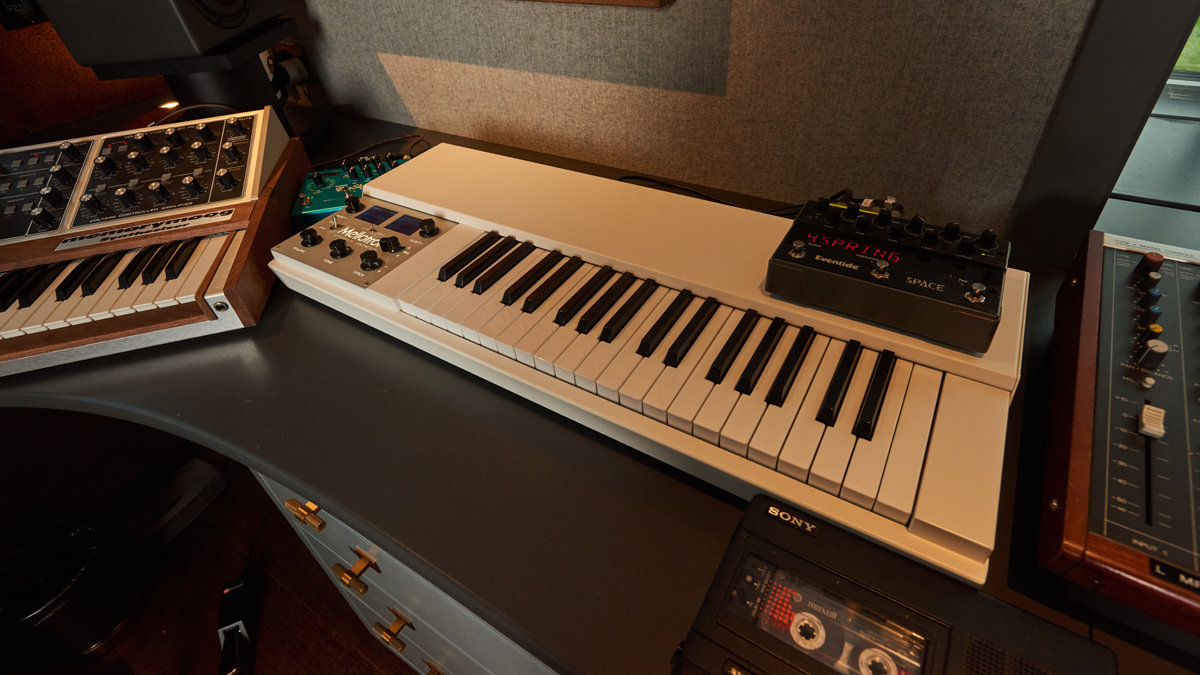
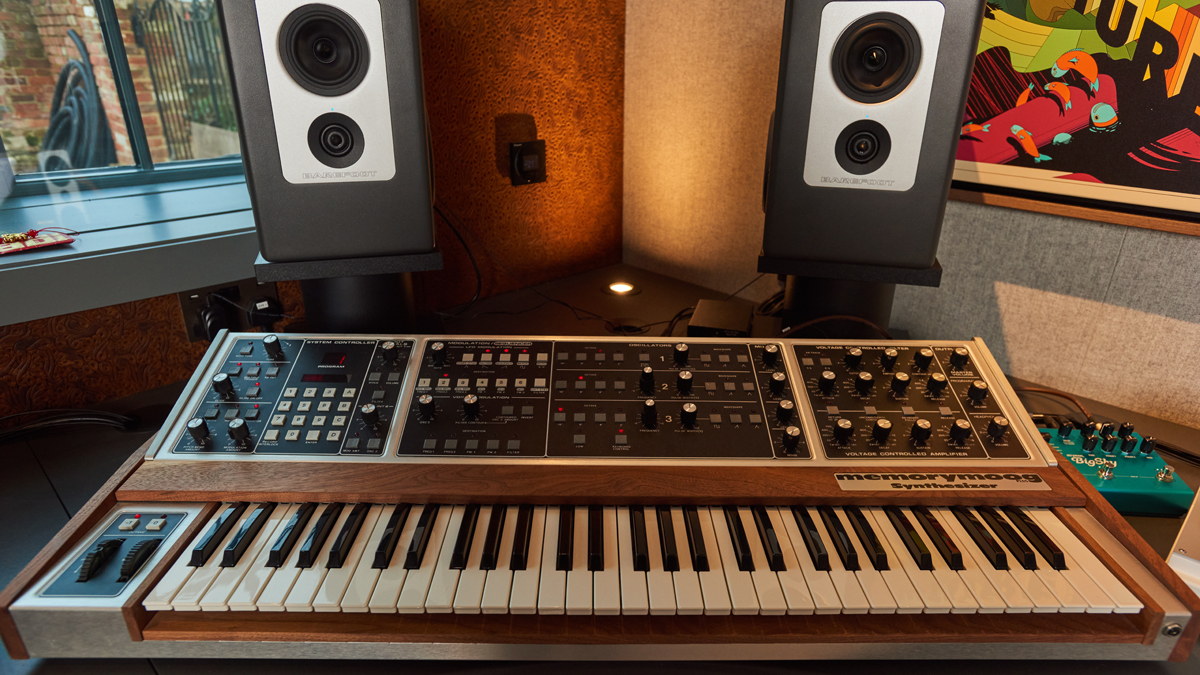
Million$Bill is astonishing. It has a strong ’70s production influence mixed with modern rap. You wanted to create cross-generic experiments?
“I’m a huge lover of hip-hop, Philly soul and artists like Steely Dan, Easy Life and Kojey Radical, but in my head I wanted it to feel like a big Rick Ross song and have a UK rapper talk about the excesses of money within rap culture.
"I knew the track would switch after the second chorus into an electronic section programmed on an Elektron sequencer, but wanted it to feel like it was written for Murray from Easy Life. It took him a while to get his head round it, but he put his ideas down, screamed something in his kitchen and I said you’ve got to come over and record that.”
Do We Really Care? is built around samples of The Lovin Spoonful’s Summer in the City…
“One of the builders was playing Classic Rock FM and I heard the track and thought the lyric about people walking around looking half dead was so dark. You walk through the city and get all the bright lights, but then you’ll see someone who’s homeless and feel a pull to help them even though giving them money never feels enough.
"That was the philosophical thought process behind Do We Really Care? and the sample gave it that meaning and direction. My approach was to just put it into Ableton and start having fun around it. In my head I wanted to have some kind of Kendrick Lamar-type bebop sax running over it.”
You seem well-attuned to using Ableton Live?
“To me, programming makes me think of computer geeks at school and doesn’t feel that musical. With Ableton, I have the Push 2 and it’s all about moving stuff, throwing samples in and creating a vibe. It’s a complete mess, but that’s sometimes where great music can come from and I think the creative process should be messy and a bit disorganised.
"When it comes to perfecting things, I love Pro Tools for its accuracy. I know how the gain staging works and it’s great to have all my physical inputs going in so I can pull up any piece of hardware I want.”

You mentioned your studio being upgraded. Did that mean having to take an untypically software-driven approach?
“I used a combination of Ableton, my Akai MPC 4000 and Pro Tools. The ideas primarily came from Ableton and once I was happy I put them into Pro Tools, which works like a huge tape recorder - then I put the live stuff on.
"So yes, it started in the box and as I progressed the studio was finished and I added all sorts of things from my Oberheim OB-8 and all the vintage synths to the MPC 4000 that I used to replace a lot of the drums with.
"I also added live drums, strings and sax and played a lot of piano and guitar through a lot of my amps. Guitar’s my first instrument so that comes easiest to me.”
By that point, you presumably had your outboard wired up too?
“I did all the mixes here and used a lot of Eric Valentine’s gear. He’s an incredible producer and engineer and creates this wonderful equipment under the name UTA. I bought one of his Fairchild recreations, a custom UTA 32-channel desk and everything’s recorded through his preamps.
"Other bits include using Alan Smart compressors, Manley Massive Passive EQs and the Tube-Tech CL 1B Opto Compressor. I used a lot of valve gear because I wanted to have that warm Daft Punk/Pink Floyd sound in the mids with the vocals being very R&B and present, a big hip-hop low-end and big-sounding drums.”
Mixing the album must have been a vital part of its construction.
“It was really important. I mixed as I went along and made lots of revisions, but when I got to completing about 60% I remember thinking it was time to send it to mastering as it was becoming really difficult to stay focused and objective. I set a little deadline and sent it to Mike Bozzi at Bernie Grundham Mastering because I wanted to get his take. Looking back, I did spend days and nights on the mix and really enjoyed doing that without having any A&R input - well, maybe except for my wife and daughter!”


Future Music is the number one magazine for today's producers. Packed with technique and technology we'll help you make great new music. All-access artist interviews, in-depth gear reviews, essential production tutorials and much more. Every marvellous monthly edition features reliable reviews of the latest and greatest hardware and software technology and techniques, unparalleled advice, in-depth interviews, sensational free samples and so much more to improve the experience and outcome of your music-making.
